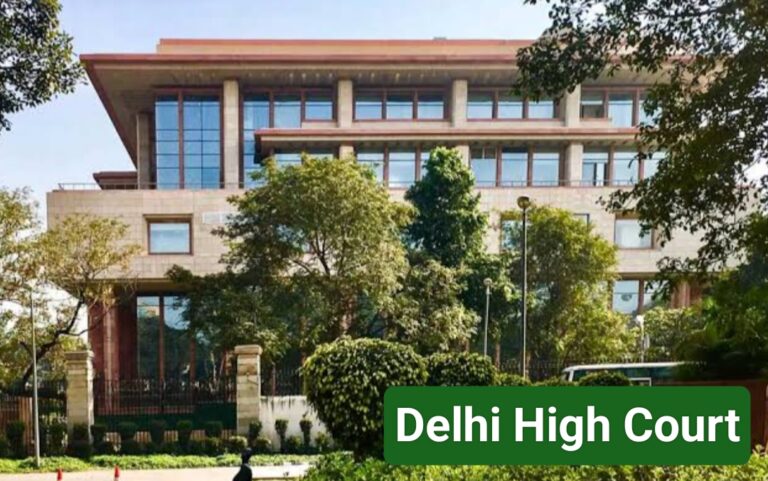By clarifying that penalty initiation begins from the earliest action, such as a reference from the AO, the Delhi High Court underscores that delays in issuing show-cause notices do not extend the penalty imposition timeline.
In a recent ruling, the Delhi High Court in Turner General Entertainment Networks India Pvt. Ltd. v. CIT (TDS)-2 Delhi (ITA No. 547/2024) provided clarity on when the imposition of a penalty under Section 271C of the Income Tax Act, 1961, for failure to deduct tax at source (TDS), can be considered as “initiated.” This is significant because Section 275(1)(c) mandates a six-month limitation for passing a penalty order after action for the imposition of the penalty is “initiated.”
Background of the Case
The Income Tax Act, 1961, mandates that any entity that fails to deduct tax at source (TDS) can be held liable to pay a penalty equal to the tax amount not deducted. In this case, Turner General Entertainment Networks India Pvt. Ltd. had failed to deduct ₹5,00,40,103 as TDS. Consequently, the Assessing Officer (AO) referred the case to the Joint Commissioner of Income Tax (JCIT) on September 25, 2024, who then issued a show-cause notice to the assessee on August 4, 2015, nearly a year after receiving the reference. JCIT later passed a penalty order under Section 271C.
Upon appeal, the CIT (Commissioner of Income Tax) found that the penalty order was time-barred, a decision upheld by the ITAT (Income Tax Appellate Tribunal). The Revenue then escalated the matter to the Delhi High Court, contending that the “initiation” of penalty proceedings should be marked from the issuance of the show-cause notice (SCN), not the receipt of the reference.
Key Arguments and Legal Principles
The Delhi High Court addressed the critical question i.e., when can penalty proceedings be said to have been “initiated”. The Revenue argued that initiation begins with the issuance of the show-cause notice (August 4, 2015). Conversely, the assessee contended that the initiation date should be marked by the receipt of the AO’s reference on September 25, 2014.
The Court referred to a prior decision in Principal Commissioner of Income Tax-5 v. JKD Capital & Finlease Ltd. (2015), where it was held that penalty proceedings begin when the AO takes initial action, such as making a reference. The High Court dismissed the Revenue’s contention that the delay in JKD Capital & Finlease Ltd. (spanning over five years) made that case distinct, underscoring that delays in initiating penalty actions undermine Section 275(1)(c)’s intent.
Delhi HC’s Observations and Decision
The Delhi High Court underscored that the term “action for imposition of penalty is initiated” refers to the date when the preliminary step for imposing the penalty is taken. Here, the Court clarified that the “reference” itself marks the beginning of the penalty proceedings, with the subsequent show-cause notice simply providing the assessee an opportunity to respond.
The Court concluded that the penalty initiation date should be considered as September 25, 2014, rendering the JCIT’s penalty order time-barred under Section 275(1)(c). As a result, the Court dismissed the Revenue’s appeal, upholding the decisions of the CIT and ITAT.
Key Takeaways from the Judgment
This judgment reinforces that the timing of “initiation” for penalty proceedings under Section 271C is essential for compliance with the six-month statutory deadline outlined in Section 275(1)(c). By clarifying that penalty initiation begins from the earliest action, such as a reference from the AO, the Delhi High Court underscores that delays in issuing show-cause notices do not extend the penalty imposition timeline.
This ruling serves as a crucial reminder for tax authorities to observe timely action in penalty proceedings under the Income Tax Act, safeguarding the rights of the assessee and ensuring a due process.
READ MORE
